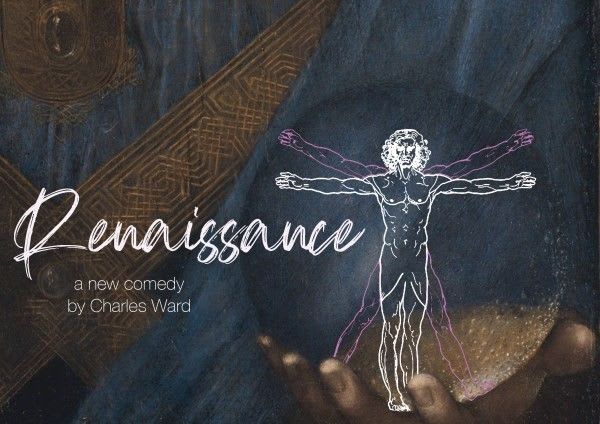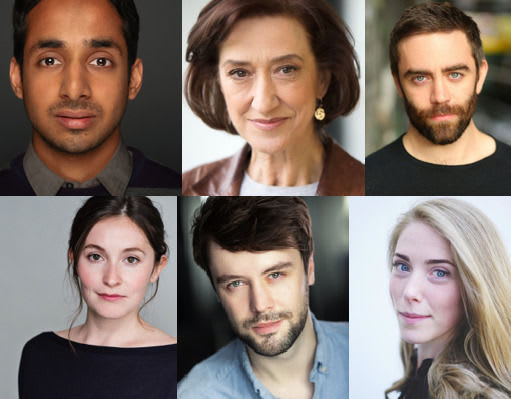In 1502, Leonardo da Vinci and Niccoló Machiavelli were part of the court of Cesare Borgia and living under the same roof. Da Vinci for a time was Borgia’s military architect and engineer and Machiavelli was there as a political observer on behalf of the city of Florence so interaction was plausible but Charles Ward’s play is a fictional fantasy.
It is set at the time when the 27-year-old Cesare (who’s motto was “Caesar or nothing”) had gained control of the Papal States, encouraged by his natural father Pope Alexander VI (Rodrigo Borgia). Though it makes an attempt to outline the historical situation in the opening monologues presented in turn by each of its characters, the play is not really concerned with real events, nor does it follow the melodrama of murders, poisonings and rampant sexuality with which the Borgias are romantically associated.
Renaissance is a light-hearted comedy in rhyming verse that explores the predicaments people get into when they pass themselves off as someone else. It starts off with the assumption that, in a time when there was no photography, no newspaper lens men and no television, very few people knew what even famous people looked like and that, far-fetched though the idea is, it would be possible for James Corrigan’s flamboyant Cesare, fed up with military leadership and playing politics, temporarily to give up power to play something else and choose an imposter to play him. He picks on Machiavelli and no one in the court seems to notice that the visitor from Florence has taken the place of his or her ruler even though he looks nothing like him.
Nicholas Limm’s at-first diffident Niccoló grows to like his new role while Cesare sees himself as an artist. A real artist, Akshay Sharan’s young Leonardo (though in real life Da Vinci would have been fifty), now arrives from Florence, fed up with art, artists and unfinished paintings, pretending to be someone else and looking for a different job.
Lucrezia, Cesare’s sister (Hannah Morrish), turns up and disguises herself as a boy, Caterina Sforza (Bethan Cullinane, formerly Borgia’s prisoner following her capture at Forli) is there too and even Isabella d’Este arrives in search of Leonardo, whom she’s pursuing to paint her picture. Haydn Gwynne’s Isabella is so grandly patrician she makes all the others sound plebeian, but even this fashion-setter is made to put on disguise.
Part of the fun of Charles Ward’s script comes from its rhyme schemes but most of the comedy relies on the difficulty these characters have in maintaining impostures and the outrageous way they get away with it until the inevitable disclosures. Emma Butler directs with a light touch. The approach of actors along dark garden paths before making their entrance helps envelop the audience in the bold theatricality of the production which is clearly and beautifully spoken by the whole cast.
Renaissance is a slight piece, a fun fabrication that makes no great demands of its audience. It is presented with an audience distanced but unmasked in a walled garden within a Finchley park, played on a low platform below a great tree with lights strung overhead. It is a welcoming romantic setting creating a world that the actors make their own, a bubble that obliterates the noise of a nearby busy road.

